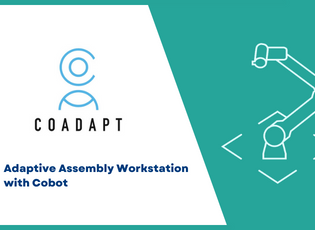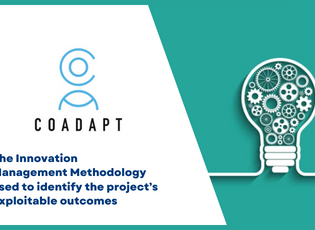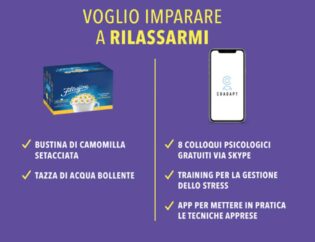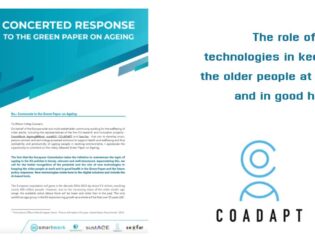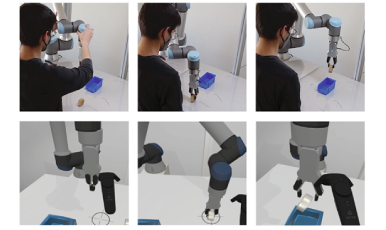
The Human-Inspired Technology Research Centre (University of Padova) team has designed and developed an Adaptive Assembly System (AAS) exploiting virtual reality technologies. The AAS was conceived to face the pandemic emergency as a potential resilient tool and explore its potentialities as a remote working device. An experiment that analyzed potential differences between the physical AAS and the virtual is about to be submitted to a scientific journal. The two experimental conditions highlighted variations in performance and eye-tracking data.
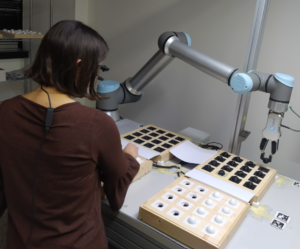
An ongoing experiment investigates how human-collaborative robot simultaneous work affects the operator’s performance and mental workload level. We manipulated the speed of the robotic arm movements (more and less predictable) and the task difficulty. Besides, we also consider the analysis of acceptance and trust in the technology.

